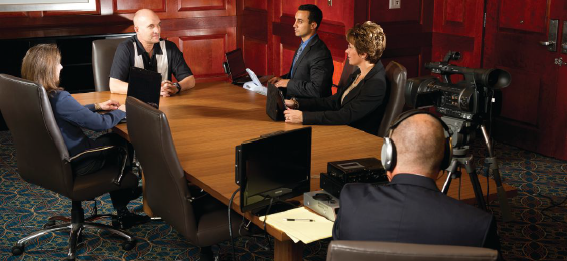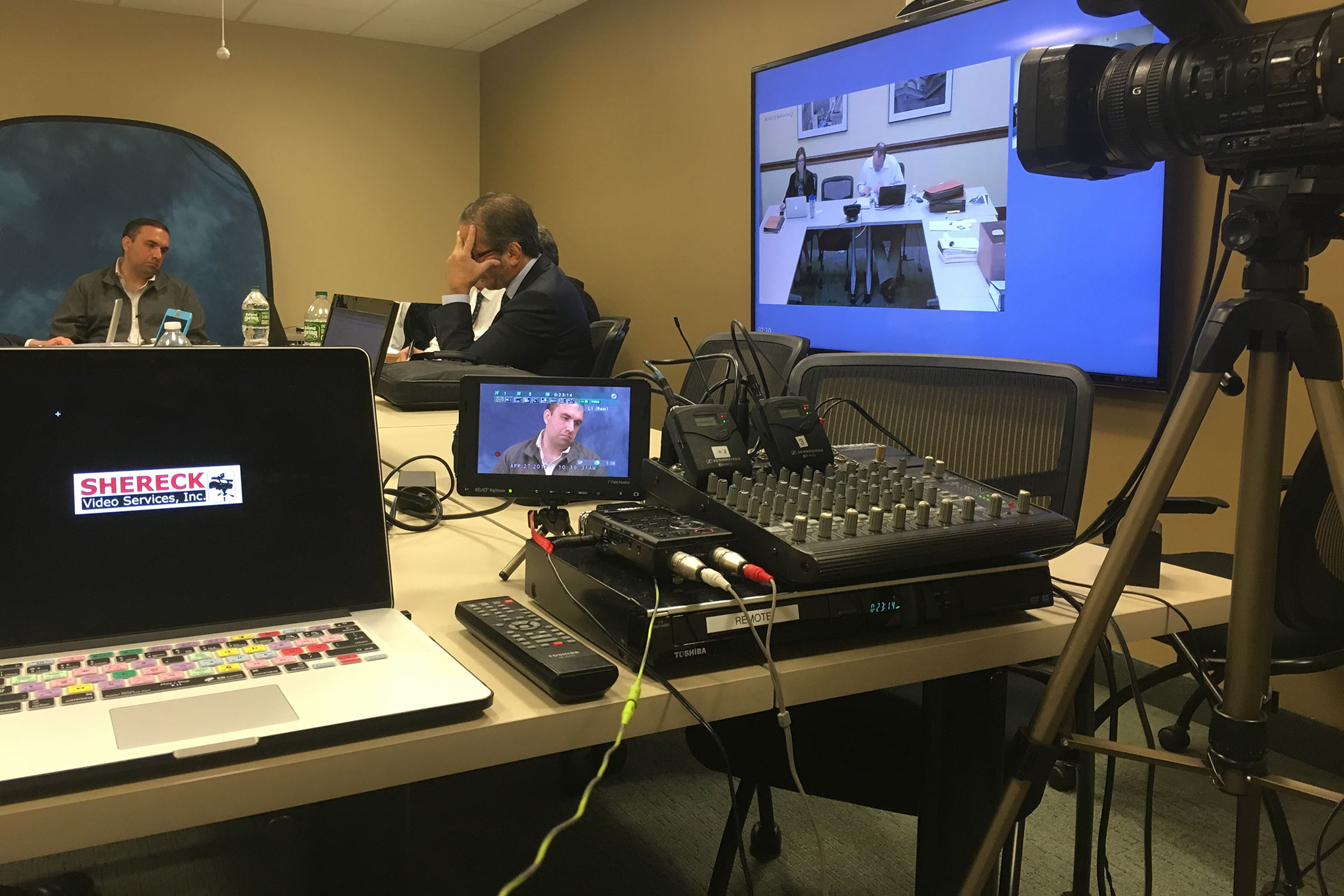Trusted Legal Videography for Secure Case Support.
Trusted Legal Videography for Secure Case Support.
Blog Article
The Duty of Legal Videography in Depositions and Trials
Legal videography has emerged as an important device in both depositions and trials, giving a complex approach to recording witness testaments. As lawful experts increasingly acknowledge its value, it motivates a deeper assessment of exactly how these visual documents can influence juror understandings and trial end results.
Importance of Lawful Videography
Legal videography plays a critical role in the paperwork and discussion of depositions and tests. This specific field combines technological skills with lawful knowledge to create a dependable document of process that can considerably affect case outcomes. The aesthetic facet of lawful videography boosts the understanding of witness statement, permitting jurors and courts to observe not just the talked words but also the attitude, feelings, and body movement of the witnesses.

The value of legal videography expands past the court room; it likewise plays an important duty in preserving evidence for future recommendation, whether for allures or more lawsuit. Thus, its assimilation right into the legal process is essential for making certain a fair and precise depiction of the realities, ultimately adding to the pursuit of justice.

Refine of Legal Videography
While catching the subtleties of depositions and trials, the procedure of legal videography involves a number of critical steps that make certain top quality, accurate recordings. Initially, a specialist lawful videographer prepares by evaluating the situation materials and comprehending the certain requirements of the deposition or test. This preparation includes acquainting themselves with the participants and the context, which assists in capturing significant details.
On the day of the recording, the videographer establishes the necessary devices, which usually includes high-definition electronic cameras, microphones, and correct illumination. Making sure optimal angles and sound quality is critical, as it straight affects the effectiveness of the recording. The videographer interacts with lawyers and participants to establish methods, guaranteeing that every person recognizes the recording process.
Throughout the deposition or test, the videographer diligently tape-records the proceedings, paying close attention to both spoken and non-verbal signs. legal videography. This consists of catching the temperament and responses of witnesses and lawyers. After the session concludes, the videographer may modify the video for clarity and conformity with legal standards, creating an end product that properly reflects the process for future recommendation and use in legal contexts
Benefits in Depositions
The incorporation of videography in depositions offers countless benefits that boost the general procedure of collecting evidence. One key benefit is the capacity to catch witness statements with visual and auditory fidelity, supplying a more precise representation of the witness's behavior, tone, and body movement. This multidimensional approach allows lawyers and courts to analyze reputation much more properly than traditional written transcripts alone.
Furthermore, videographed depositions act as a powerful device for maintaining testament. Should a witness become not available for test, their tape-recorded deposition can be played in court, making certain that their proof remains easily accessible and relevant. This facet considerably reduces the risk of shedding essential info that might impact instance results.
Additionally, the usage of legal videography advertises far better prep work for attorneys. Examining video footage permits lawful teams to evaluate and fine-tune their techniques, recognizing staminas and weaknesses in their cases. This primary advantage can look at this now result in more compelling discussions in court.
Lastly, videography improves the overall expertise of the deposition procedure, instilling confidence in clients regarding the thoroughness of their legal representation. By leveraging modern technology, attorneys can significantly boost the efficiency of depositions.
Influence On Tests
In several trials, the integration of videography can dramatically affect the presentation of evidence and the court's understanding. Legal videography catches witness statements and vital evidence in a dynamic format, enabling jurors to engage with the product on numerous levels. This aesthetic component boosts the storytelling aspect of a test, providing context and emotional resonance that traditional text-based evidence might do not have.
Moreover, video recordings can work as powerful devices for impeachment during cross-examination. When inconsistencies develop between a witness's prior declarations and their court testimony, video clip evidence provides an objective referral that can guide jurors' point of views. This immediacy and clearness can bolster the integrity of a party's story while at the same time threatening opposing debates.
Additionally, using videography can aid simplify complex info, making it much more obtainable to jurors that might struggle to understand intricate details provided only with verbal testament. By incorporating visuals with acoustic info, legal videography can boost retention and understanding, eventually affecting the jury's decision-making process. For that reason, the effect of videography in tests prolongs past plain aesthetic appeals; it plays a critical duty in shaping find here the lawful landscape and results.
Future Trends in Legal Videography
As we look toward the future of legal videography, a number of emerging patterns promise to reshape its duty within the court room. One substantial fad is the combination of expert system (AI) in video clip evaluation and modifying - legal videography. AI can streamline the process of determining essential moments in videotaped depositions, permitting attorneys to swiftly access pertinent content, therefore improving effectiveness in instance prep work
Additionally, the increase of digital fact (VIRTUAL REALITY) and boosted fact (AR) modern technologies is anticipated to transform how jurors experience evidence. By submersing jurors in a simulated environment, these modern technologies site web can offer an extra profound understanding of complicated circumstances, bring about more educated deliberations.

Moreover, the raising need for remote depositions, increased by the COVID-19 pandemic, will likely proceed. Legal videographers will need to adjust to brand-new software program and systems to ensure high-quality recordings in digital settings.
Last but not least, the expanding focus on information protection will necessitate more stringent protocols for storing and sharing video clip evidence. As the lawful landscape progresses, lawful videographers must stay abreast of these fads to preserve their significance and effectiveness in the judicial process.

Conclusion
In recap, lawful videography offers a vital function in the judicial procedure, improving the stability of depositions and trials. By catching the nuances of witness testaments, this medium not just preserves important proof yet also aids in offering information properly to jurors. The value of visual paperwork in reviewing trustworthiness and facilitating cross-examination can not be overstated. As modern technology proceeds to develop, lawful videography is positioned to further change its duty within the lawful landscape.
Report this page